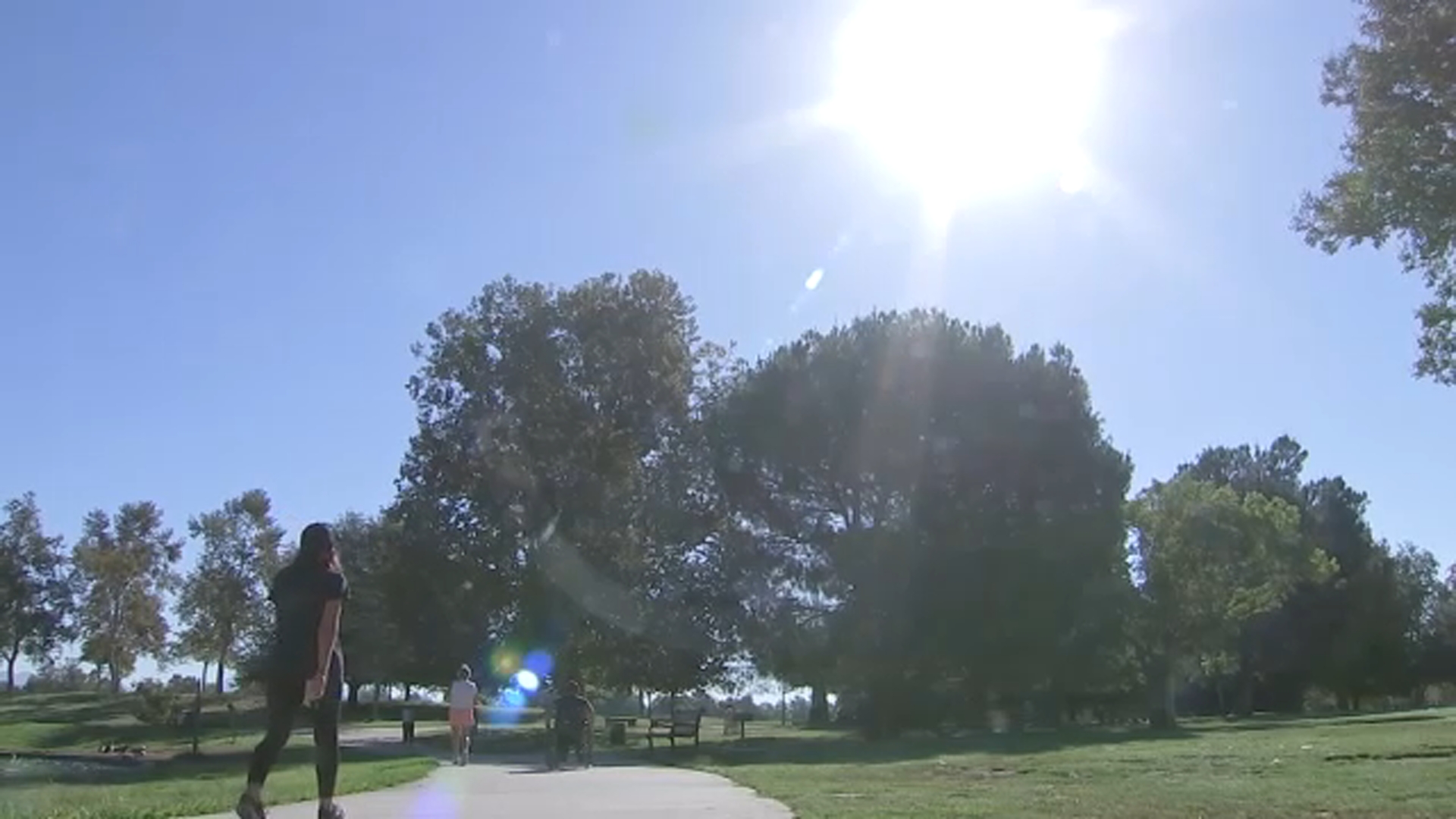From your health to the forecast, here's how Saharan dust could impact you this week

HOUSTON, Texas (KTRK) -- On Monday, the ABC13 Weather Team was monitoring a cloud of Saharan dust that was located over the Gulf of Mexico.
Traveling all the way from the west coast of Africa, this cloud-first helped limit tropical development in the deep tropics for the past week. But as it arrives in southeast Texas, this cloud of Saharan dust could lead to reduced air quality this week.
This Saharan dust in Houston will result in possible reduced air quality beginning late Tuesday and potentially lasting through Friday as this cloud swirls overhead.
The level of its impact will be based on the concentration and dispersion of the dust. If it's high enough, air quality alerts may be issued this week.
According to the Centers for Disease Control and Prevention, those who could be impacted most by the Saharan dust this week are those with any respiratory diseases, like asthma, those with underlying health concerns like lung conditions, or those with chronic cardiopulmonary diseases.
ABC13 Meteorologist Elyse Smith spoke with Dr. Jennifer Ukwu, a physician with Memorial Hermann Medical Group, and asked about some of the symptoms one could experience from Saharan dust.
"Expect difficulty breathing, shortness of breath, increased sneezing, cough, and increased thicker mucus production," Dr. Ukwu said. "We have a lot of people who are experiencing asthma and allergies and chronic lung conditions, especially after the pandemic, so they should be on alert... keep an eye on the air quality levels to exercise additional precautions to kind of minimize their triggers for you know, worsening coughing, sneezing, runny nose, things of that nature."
SEE MORE: Should you wait 30 minutes to swim after eating? Some heat-related myths you shouldn't believe











